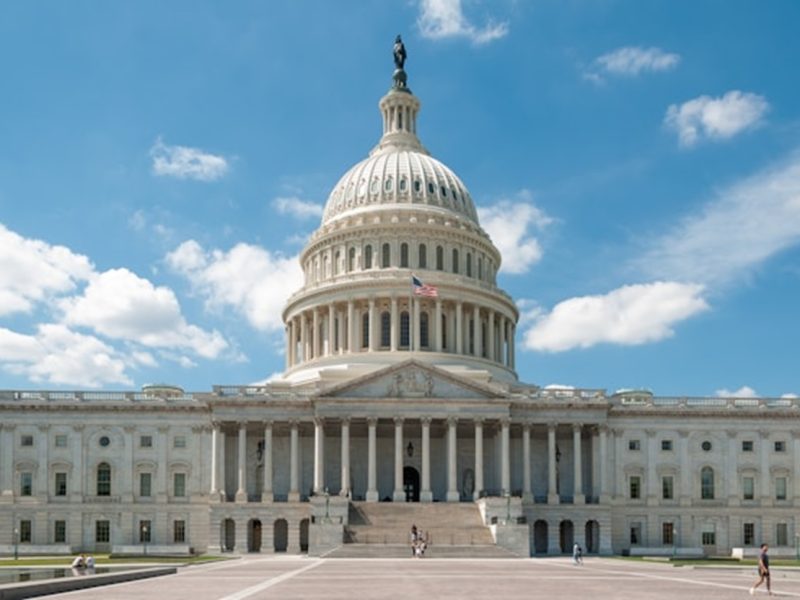We champion sustainable progress by uniting innovation with accountability. Our strategies prioritize reducing environmental footprints, advancing social equity, and upholding governance rigor across global operations. Through partnerships with NGOs and academia, we deploy data-driven solutions for climate resilience, ethical supply chains, and community empowerment—proving responsibility and growth are inseparable.
Collaboration is key. Annual stakeholder forums align initiatives with UN Sustainable Development Goals, while real-time impact dashboards track progress on carbon neutrality, diversity benchmarks, and circular economy adoption. Every project undergoes rigorous ESG reviews, ensuring decisions today safeguard tomorrow’s possibilities.

ESG Governance & Strategy
Guided by a board-level sustainability committee, we integrate ESG priorities into core business strategies. Frameworks aligned with GRI, SASB, and TCFD standards drive decarbonization roadmaps, ethical procurement policies, and workforce inclusivity programs. Third-party auditors validate annual progress against 20+ KPIs—from renewable energy adoption to supplier diversity targets—ensuring transparency at every tier.





Forward-Looking Statements
This document contains forward-looking statements regarding operational goals, sustainability targets, and financial projections. These reflect current assumptions about regulatory environments, market trends, and technological capabilities. Actual results may differ due to risks including geopolitical instability, supply chain disruptions, or shifts in compliance mandates. We disclaim any obligation to update these statements publicly, except as legally required.
Statements involve uncertainties such as project delays, cost fluctuations, or stakeholder priority changes. Historical data does not guarantee future outcomes. Readers should review risk disclosures in SEC filings, which detail contingencies like cybersecurity threats, intellectual property disputes, or macroeconomic volatility.
Forward-looking content reflects management’s present views and may be impacted by third-party actions, litigation, or regulatory reforms. Examples include tariff adjustments affecting global operations, labor market shifts, or sustainability standard revisions. Avoid undue reliance on isolated projections; analyze all qualitative and quantitative disclosures holistically.
Data may change due to audits, policy updates, or reclassifications. Initiatives tied to emissions reductions, ethical sourcing, or diversity goals may evolve with stakeholder feedback, scientific advances, or legislative changes. Partnerships or acquisitions could alter strategic paths, requiring goal reassessments.
These statements are not guarantees. Variables like natural disasters, pandemics, or tech disruptions may materially affect outcomes. For details, consult Investor Relations or archived reports at front-slash.com.
THE BEST CHOICE


